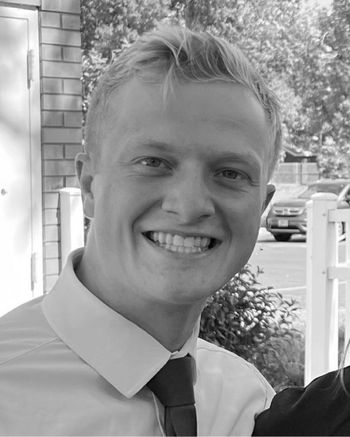Prof argues cancer research needs more 'antiracism'
The professor was part of a 'health equity' panel discussion hosted by the University of Michigan.
The presentation relied heavily on the work of controversial originator of antiracist ideology, Ibram X. Kendi.
Christabel Cheung, professor at the University of Maryland, recently gave a presentation arguing that principles of “antiracism” must be incorporated into cancer research.
The presentation came as part of a symposium hosted by the University of Michigan School of Social Work on “Achieving Health Equity in Adolescent and Young Adult (AYA) Psycho-Oncology Care.”
Cheung’s presentation, titled “Antiracist Patient Engagement in Adolescent & Young Adult Oncology Research and Advocacy,” relied heavily on the work of controversial originator of antiracist ideology, Ibram X. Kendi.
Introducing the topic of antiracism in her research, Cheung defined it explicitly through the lens of Kendi’s work, agreeing with Kendi that “there is no such thing as not being racist ... the heartbeat of racism domestically in the United States has been denial of racism, and the sound of that heartbeat has been the argument, ‘I’m not a racist.’”
Through Cheung’s research, her team arrived at some recommendations for “advancing antiracist approaches” for AYA cancer patients.
The recommendations included “avoid[ing] persistent tokenism” with cancer patients who are not White. Cheung, speaking not only as a researcher, but also a patient earlier in life, said she was tokenized as the “Asian girl with the service dog.”
The University of Michigan School of Social Work told Campus Reform that when it comes to Kendi and antiracism “if you are not part of the solution then you are a part of the problem.”
[RELATED: Medical school hosts ‘Anti-Racism Task Force’]
“We know that people of different ‘skin colors’ (or sexual orientations, or gender identities, or religious faiths, dis/abilities, or ages) experience life and cancer differently … Therefore, research teams composed of people who have experienced different life circumstances permits that study team to conceptualize their research studies, questions, hypotheses, research methods and strategies in ways that increases the likelihood that the study results will be applicable to all people affected by cancer,” the spokesman said.
All relevant parties have been contacted for comment; this article will be updated accordingly.

